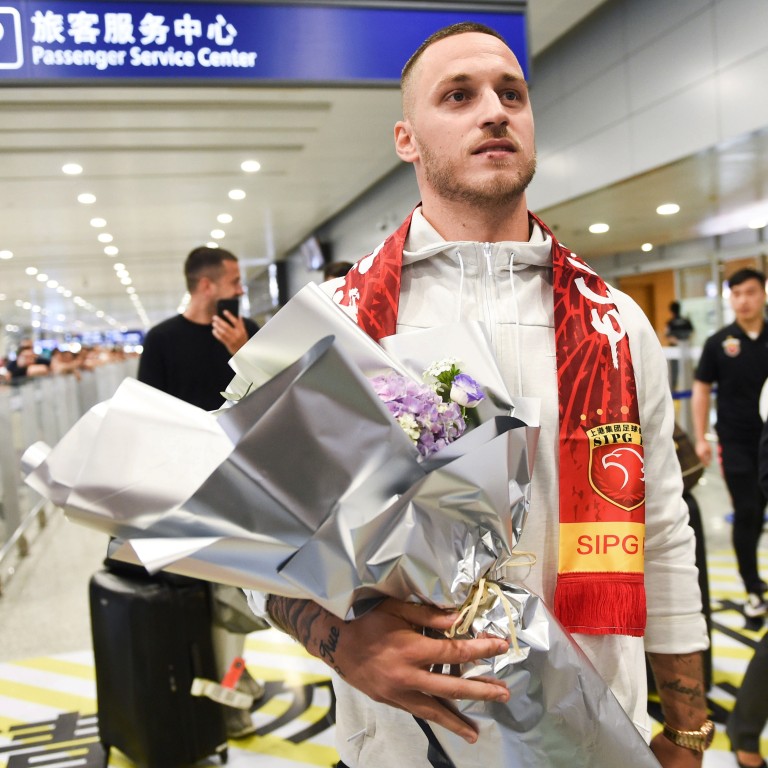
China’s football future: back to buying big after cooling-off period on expensive foreign investments
- Chinese clubs, and their parent companies, are flexing their muscles in the transfer market again
- Big-money moves for Marko Arnautovic and Rafa Benitez – among other rumoured transfers – show CSL clubs are spending big again
This had long been the expected outcome, though an earlier deal had stalled amidst concerns that it would fall foul of a player transfer tax that is levied in China, and of government restrictions on overseas capital movements. In this context, the significance of the player’s move to SIPG rests in its symbolism rather than its financial magnitude.
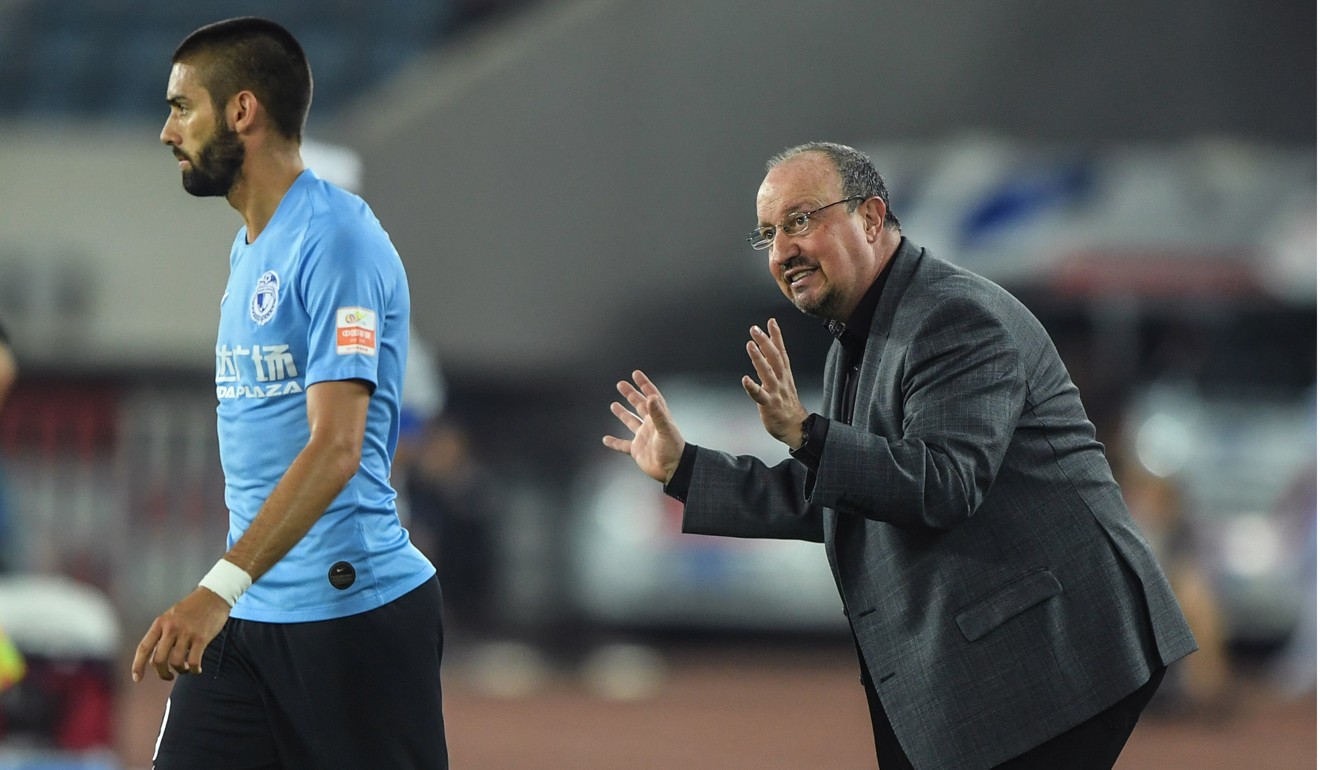
Around the same time as this deal was completed, a new overseas manager also arrived in the CSL; Rafael Benitez, recently departed from English club Newcastle United, was announced as the new manager of Dalian Yifang.
Although overseas coaches and managers in Chinese football are not unusual, Benitez’s reported salary of £12 million is generous when compared with many other coaches now plying their trade in China.
It was no surprise then when Wanda announced that it will be investing nearly US$300 million in China’s grassroots football ... and will fund the construction of football pitches, school sports facilities, and other infrastructure.
Here too there is symbolism; the club’s owner – Yifang Group – is owned by the Dalian Wanda Group, a company that has made significant investments in overseas sports assets over the last five years.
For example, in 2015 Wanda acquired a 20 per cent stake in Spanish football club Atletico Madrid. This marked the start of a spending spree by the corporation’s proprietor, Wang Jianlin.
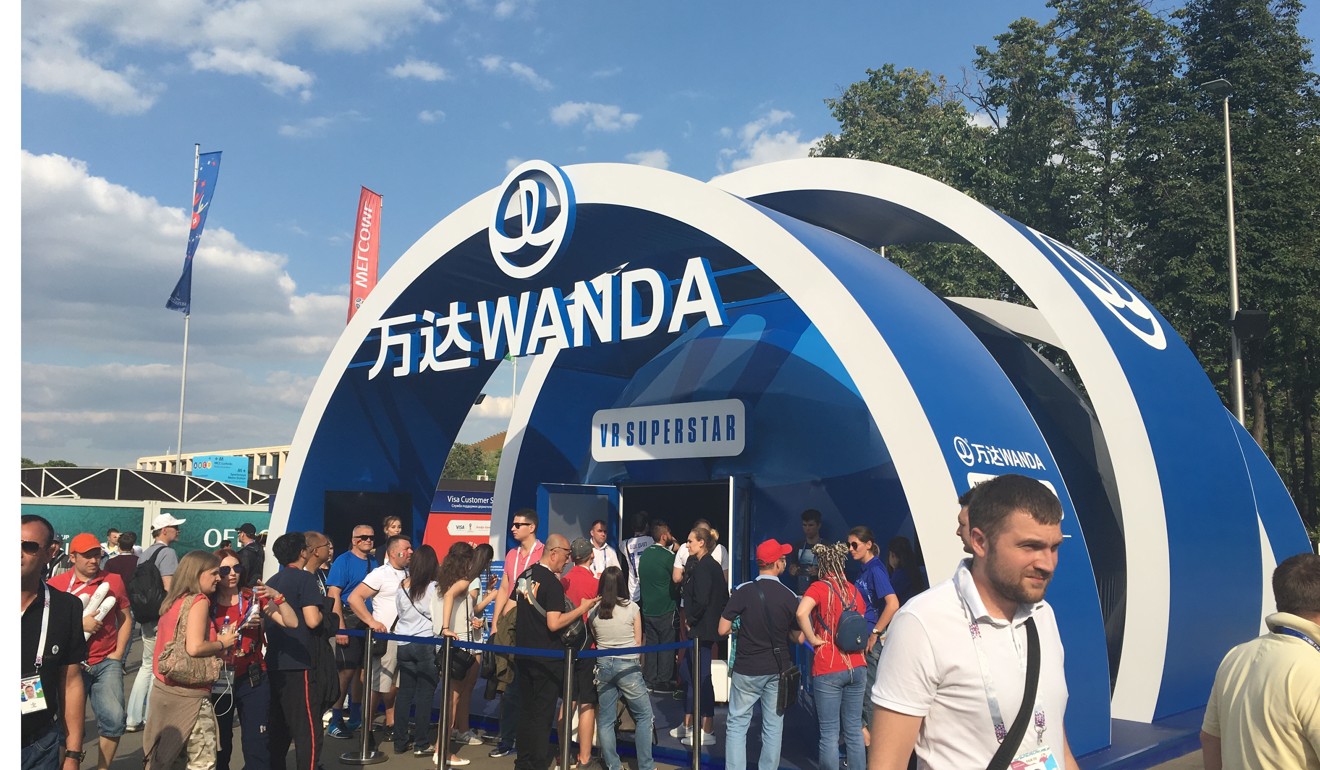
Wang then sold all but 3 per cent of his stake in the Madrid club, and reportedly restricted his movements outside of China.
Since then, the businessman has re-engaged with football, at Dalian Yifang, in what appears to be a much more politically acceptable role in the sport.
Governing authorities in Beijing have previously spoken about the need to put China first and for the country’s business people to develop football ‘with Chinese characteristics’. This presumably alludes to state demands that investors spend their money at home before they spend it abroad.
It was no surprise then when this spring Wanda announced that it will be investing nearly US$300 million in China’s grassroots football. Specifically, the corporation will fund the construction of football pitches, school sports facilities, and other infrastructure.
Yet if money, a domestic focus, and apparent patriotism are behind these latest developments that have seen Chinese spending on sport reignite, then the importance of China’s wider economic and international investments is also evident.
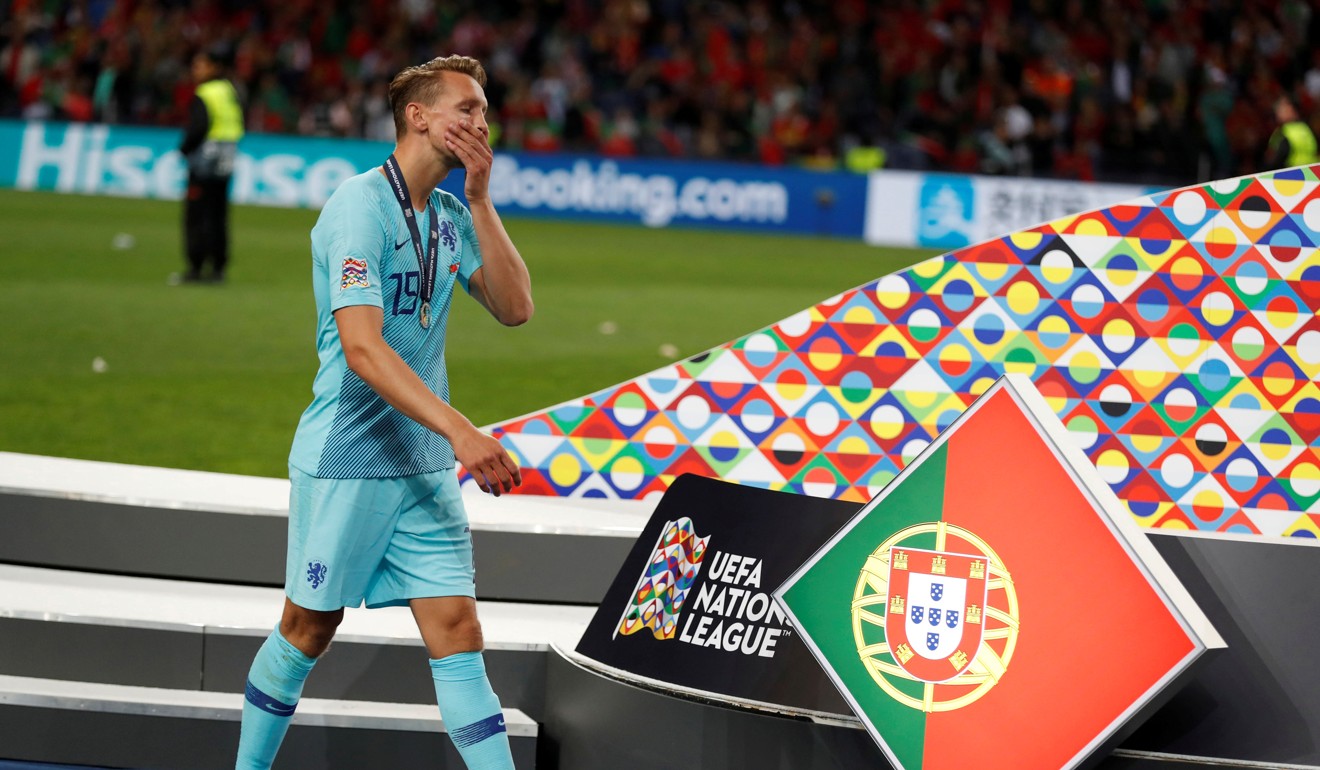
This summer, Alipay has not only committed to Chinese women’s football but also to a major sponsorship contract with European football’s governing body Uefa. In a long-term, eight-year deal, Alipay will become the Uefa men’s national team sponsor from 2018 to 2026, which includes Uefa Euro 2020 and 2024 and the Uefa Nations League finals.
Clearly overseas investments are back on the agenda. The deal resonates with Beijing’s renewed focus on the global promotion of Chinese industry, and on using its corporations to build influence with key international sports stakeholders.
Football is not the only recipient of what appears to be a second wave of Chinese sports investment. Indeed, a major sponsorship deal with the International Olympic Committee (IOC) involving a Chinese dairy company has helped to re-emphasise the government’s commitment to building China’s sport industry.
Some reports have estimated the deal to be worth US$3 billion, making it one of the biggest sponsorships in history.
Equally important is the fact that the deal was struck with a US corporation, Coca Cola, at a time when trade war tensions have intensified. Money is one thing, China overtly demonstrating that it is open for business and willing to engage is another.
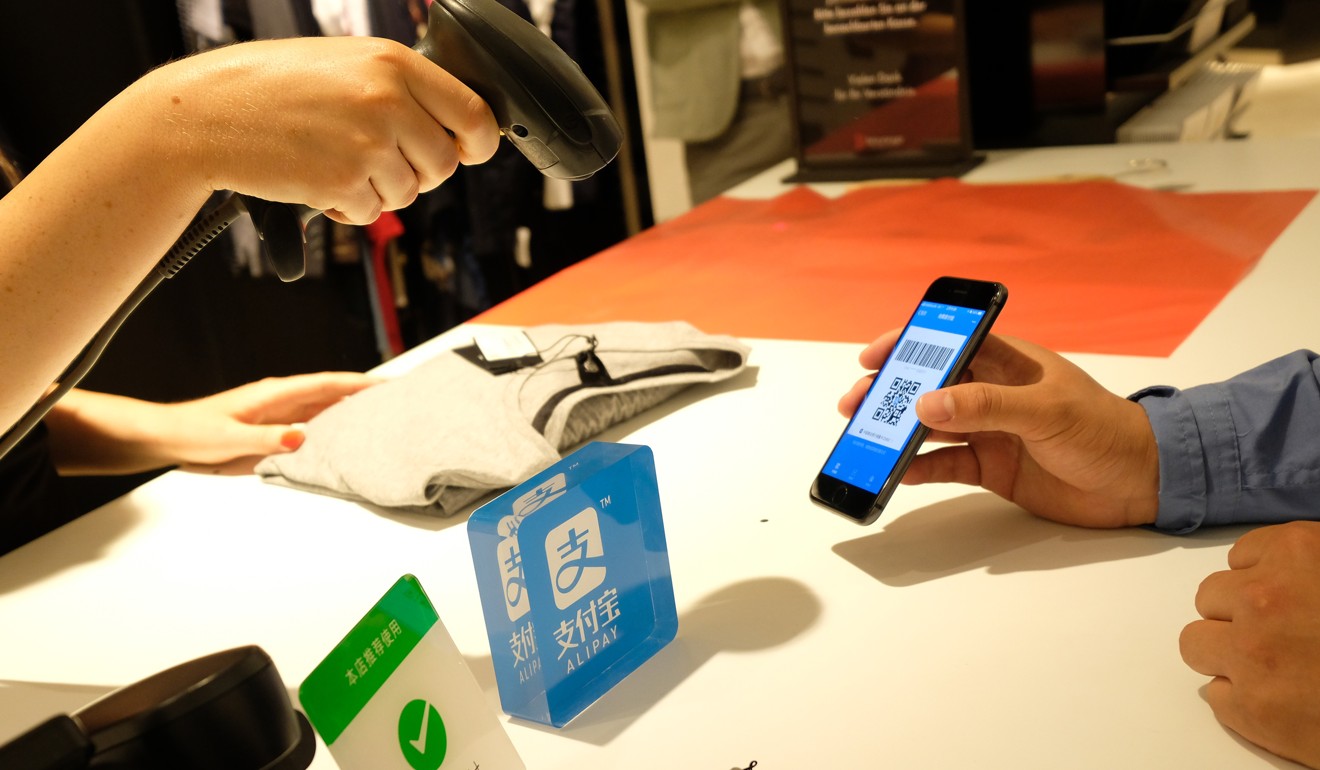
The Chinese government now seems to have a stronger sense of where to go with its sport industry and what to do with it, and aims to reach a domestic size of US$850 billion by 2025. The investments we now see are a restatement of China’s commitment to these targets.
With the National Development and Reform Commission and the Ministry of Commerce of China recently publishing a catalogue that identifies sport as an industry where government is keen to promote overseas investment, the messaging coming out of Beijing has definitely changed in recent months.
Alibaba is the owner of South China Morning Post.
This piece is published in partnership with Policy Forum at the ANU Crawford School of Public Policy, and the China Soccer Observatory at the University of Nottingham.

